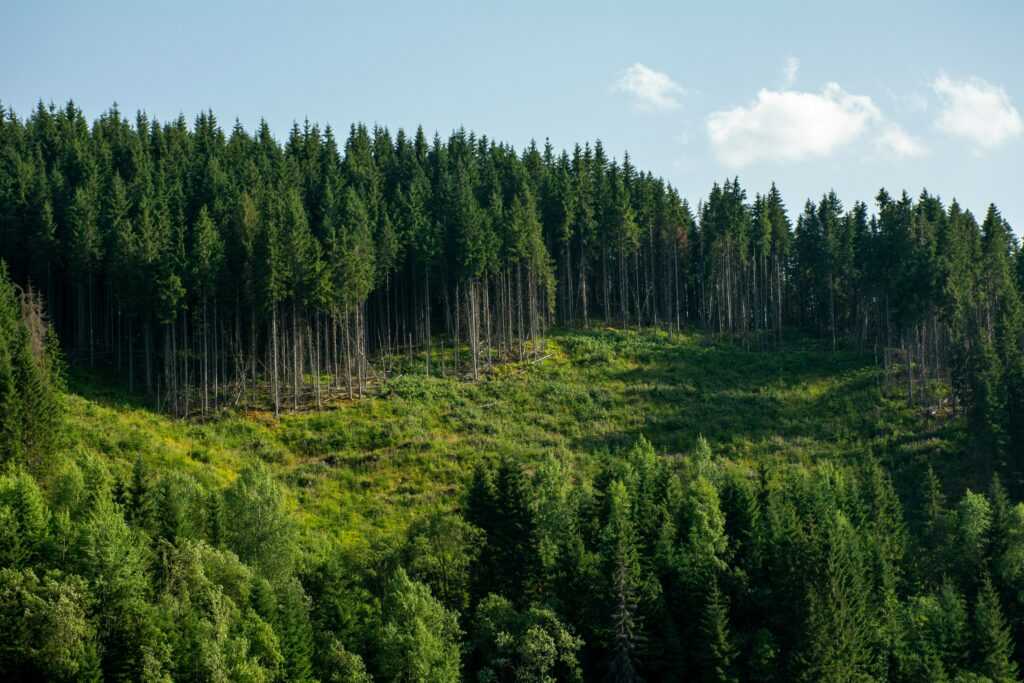Campervan trips have become more popular than ever, and it’s easy to see why. There’s something special about hitting the open road, sleeping where you please, and swapping rigid hotel bookings for a front-row seat to nature’s best views. Whether you’re sipping tea with the sea breeze in your hair or waking up in the quiet of a forest, van life invites you to enjoy travel at your own speed—no strict schedules required.
With more people giving campervan adventures a go, we’ve put together practical tips to help first-timers have a smooth and enjoyable trip. If you’re on the fence about hiring or buying, or just want to know what daily life is really like on the road, you’re in the right place. You’ll find real advice to guide you from choosing your ideal van all the way through handling the little quirks of living on four wheels.
Choosing the Right Campervan
Picking out a campervan should feel exciting, not like a maths test. The main things to think about are size, cost, and what features you value most. If you’re travelling as a couple, a smaller van will likely do the trick and help keep things affordable. VW campers with the pop-up roof are a classic choice for two adults and two children, but if your crew is larger, you might have to get creative with sleeping arrangements—think tents or hammock beds. Retired couples often lean towards bigger, more comfortable motorhomes for the extra room.
Now, let’s talk about money. Campervans can be a real investment, especially if you’re set on a shiny new model. It’s worth looking at both new and used options and weighing up what you get for your budget. Bigger vans and fully equipped motorhomes usually cost more, while smaller campers can be easier on the wallet.
What about home comforts? For some, a cooker or loo is non-negotiable; others just want plenty of storage or a nice spot to brew their morning tea. Deciding between a low top or high top van often comes down to whether being able to stand up indoors is important to you.
Before you hand over your cash, it makes sense to rent a campervan first. A short-term hire feels a bit like a first date with van life and gives you the chance to work out what actually matters to you on the road. For example, renting a van in Portugal for a couple of weeks before buying helped one family figure out exactly what suited them and saved them from any expensive regrets.
Preparing for Life on the Road
Before you set off on a long journey, it’s important to get a feel for daily life in a campervan. Trying out a local staycation is a great way to see if your new rolling home suits you. You’ll quickly spot if your bed is as comfy as you hoped, if there’s enough space for your tea-making kit, or if you’ve accidentally packed just one spoon for two people.
A test run at home helps you iron out any problems, like missing pots or bedding that’s too thin for chilly nights. It’s much easier to sort these things before you’re miles from home and shops. Give yourself the chance to figure out how you’ll manage tight spaces and adjust to the smaller living area. That way, you can pick up clever tricks to make everyday routines comfortable—and even a bit fun.
Packing smartly is also vital. Bring enough layers for Britain’s unpredictable weather, basic kitchen gear, proper bedding, and a first aid kit. Don’t forget toiletries and simple food that’s easy to prepare. With the essentials sorted and your camper tested, you’ll be better equipped to relax into your adventure instead of stressing about what you forgot.
Planning Your Journey
A bit of advance planning goes a long way if you want your campervan trip to run smoothly, especially for your overnight stops. The freedom of the open road is all part of the fun, but it really helps to have a rough idea of where you’ll park up each night. This way, you avoid the panic of hunting for a safe spot along unfamiliar country lanes after a long day.
Sorting out your route, even loosely, means you can explore and unwind, rather than ending your evenings desperate for a decent campsite. During busy months, booking ahead quickly shifts from being a nice idea to a true lifesaver. The most popular spots are snapped up fast, leaving last-minute campers with slim pickings and, sometimes, field edges sharing space with the sheep.
Getting your name down at campsites early means you can relax, safe in the knowledge your overnight place is sorted. You also get first pick if you want facilities nearby, love a bit of privacy, or fancy waking up to gorgeous views. A bit of planning before you set off takes the edge off any worries and gives you a much better chance of having the relaxed, memorable trip you’ve been hoping for.
Essential Practical Considerations
Before you set off on your campervan adventure, a few important checks can save you major headaches later. Look at the fluid levels—oil, coolant, brake fluid—and top them up if needed to cut down your chances of breaking down. Give your tyres a once-over for good tread and make sure they’re pumped up properly. Being slack here can mean wasting fuel or risking a blowout. Make sure your brakes respond well and all your lights work, so you’re safe and visible day or night. While you’re at it, check the battery is holding a charge and the wiper blades can really clear the windscreen, especially on drizzly drives.
When packing, every bit of space matters. Use boxes or containers to organise your gear so you aren’t rooting around mid-trip for the kettle or your toothbrush. Stick to what you actually need and, when possible, choose things that double up—like a spork or folding chairs. Lightweight and stackable kitchenware means you can move around inside without tripping over your own stuff. Don’t forget to secure things before you set off or they’ll clatter and slide as soon as you hit a bend, putting both you and your gear at risk.
Cooking in a campervan doesn’t have to be a headache, but it does call for a little strategy. Pick simple meals that don’t need lots of pots and pans—one-pot wonders or quick stir-fries work a treat. Bring along dried foods like pasta and some tins for easy meals in a pinch. If your van isn’t kitted out with a stove, a little portable one is worth picking up. Planning your meals in advance means less last-minute fuss and guarantees you’ll have what you need. Ready-made or pre-cooked meals can save the day when you’re tired, too.
Safety and Security Measures

Keeping your campervan secure helps you relax and enjoy the trip, rather than fretting over what’s left inside. Always lock up when you leave the van—no exceptions. Stash valuable items such as phones, laptops, wallets, and passports well out of sight. Use any in-built secure storage, or tuck things away in hidden spots like under seats. Closing your curtains or blinds can block would-be thieves from eyeing up your gadgets or other belongings.
In addition to securing your valuables, it’s wise to think about regular maintenance tasks—like keeping your caravan awnings in good condition—since well-cared-for accessories also contribute to a hassle-free holiday.
For those random mishaps like breakdowns, a bit of planning can save a lot of stress later. Travel with a basic toolkit that includes essentials like jumper cables, duct tape, and a tyre repair kit. It’s smart to have a quick look through your campervan’s manual so you know how to handle simple fixes if needed.
Breakdown cover is a real lifesaver, offering peace of mind and help when you need it most. Don’t forget to pack an emergency kit with a torch, a blanket, and some water, just in case you get stuck waiting somewhere. Lastly, always keep your phone charged and take note of nearby repair shops before you set off, so you’re ready should anything go wrong.



 Lead Forest Survival Specialist & Outdoor Educator
Timothy Peters is Whisper Forest Ways’ resident expert on wilderness survival and all things related to thriving in the outdoors. With a background in environmental sciences and over a decade of hands-on survival training, Timothy combines scientific knowledge with practical experience to teach readers essential survival skills, such as shelter building, fire making, and foraging. His approach emphasizes respect for the natural world and sustainability, ensuring that all of his methods encourage low-impact interaction with the environment. Whether you’re new to outdoor adventures or a seasoned explorer, Timothy’s detailed guides and insights provide invaluable knowledge for safely and confidently navigating the wild.
Lead Forest Survival Specialist & Outdoor Educator
Timothy Peters is Whisper Forest Ways’ resident expert on wilderness survival and all things related to thriving in the outdoors. With a background in environmental sciences and over a decade of hands-on survival training, Timothy combines scientific knowledge with practical experience to teach readers essential survival skills, such as shelter building, fire making, and foraging. His approach emphasizes respect for the natural world and sustainability, ensuring that all of his methods encourage low-impact interaction with the environment. Whether you’re new to outdoor adventures or a seasoned explorer, Timothy’s detailed guides and insights provide invaluable knowledge for safely and confidently navigating the wild.
